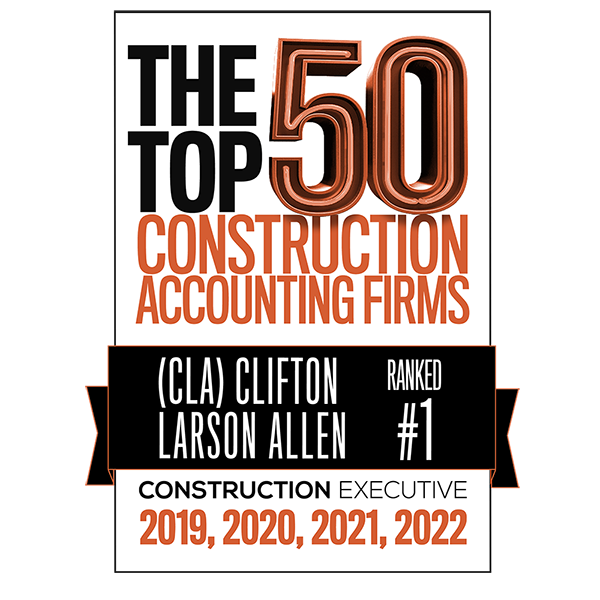Occupational Fraud in Construction
By: Luke Stahelski, MSA, CFE, PI, Manager, SAS Valuation, Forensics, Litigation, Investigations (“VFLI”), Construction Industry

While it is important to safeguard your business from malware attacks and phishing attempts from external parties, it is also important not to overlook the potential for occupational fraud. Occupational fraud is fraud that is committed by individuals against organizations that employ them and is the most common form of financial fraud.
An estimated $4.7 trillion is lost annually to occupational fraud worldwide according to the latest data in the Association of Certified Fraud Examiners (ACFE) Occupational Fraud 2022: A Report to the Nations. Copyright 2022 by the Association of Certified Fraud Examiners, Inc.
What is Occupational Fraud and How Does it Affect the Construction Industry?
Occupational fraud is formally defined as the use of one’s occupation for personal enrichment through the deliberate misuse or misapplication of the employing organization’s resources or assets. There are three categories of occupational fraud: financial statement fraud, corruption, and asset misappropriation. According to the ACFE’s 2022 Report to the Nations, the median loss from occupational fraud in construction places it in the top five median losses by industry with a median loss of $203,000, per incident. Compared to the median loss for all industries, $117,000, per incident, the construction industry experiences a 73% higher median loss from occupational fraud.
Most Common Occupational Fraud Schemes in Construction
The ACFE created a heat map that identifies the frequency of various schemes within the construction industry that can help organizations identify the highest risks of fraud. The figure below identifies the most common fraud schemes in construction, with darker blue representing high-risk schemes and the lighter blue representing low-risk schemes1 :

Corruption was identified as the highest risk in constructing and was found in 56% of the cases. That may not be surprising given the amount of money required, the different parties involved, and the complexity of construction projects. However, it is an organization’s duty to prevent and detect these types of schemes from occurring and not merely accept them as a cost of doing business.
What can Construction Firms do to Mitigate Fraud?
The ACFE identified that in nearly half of all cases the fraud occurred because of a lack of internal controls or overriding existing controls. However, the presence of anti-fraud controls in victim organizations was associated with quicker fraud detection and lower fraud losses. Two anti-fraud controls were associated with both a 50% reduction in the median loss and median duration of a fraud incident: job rotation/mandatory vacation policies and surprise audits.
Furthermore, most organizations that were defrauded modified their existing anti-fraud controls be increasing management review procedures and increasing their use of proactive data monitoring. Implementing or modifying anti-fraud controls may seem like a daunting task, but they can save construction firms thousands of dollars in the end.
How CLA Can Help
The optimal way to prevent fraud from occurring in an organization is to deter it. If you are interested in learning more about how CLA can assist, contact Luke Stahelski at Luke.Stahelski@CLAconnect.com. We are available to help you in fighting construction related occupational fraud.
1 Figure 21 in the ACFE’s “Occupational Fraud 2022: A Report to the Nation” Copyright 2022 by the Association of Certified Fraud Examiners, Inc.”
Leslie is a senior for the Atlanta Office. She joined CLA in 2019 with an industry focus in construction and nonprofits. Leslie has 10+ years of experience in construction business operations as a partner in a family run construction firm. Leslie is currently a member of the Construction Industry Group for the Atlanta Office, which specializes in providing assurance and tax services to privately held construction business.


Very insightful and to the point. Thanks for sharing Luke.